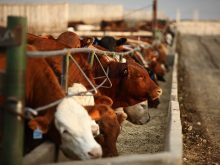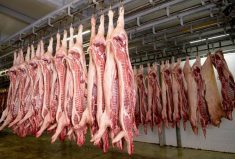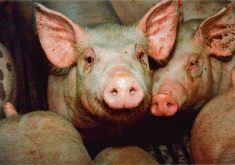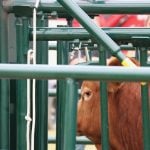Feeder cattle prices were steady to $2 lower last week as larger supplies weighed on the market structure. Backgrounding operators were waiting for drier conditions to liquidate supplies and there was a short window of opportunity last week. However, feedlot operators showed very little interest with the forecast for additional rains; softer slaughter cattle values also set a negative tone.
In southern Alberta, steers weighing 650 to 700 pounds averaged $138; these same cattle in southern Manitoba sold for $135. The freight spread across Western Canada has eroded due to larger supplies coming available in Alberta and waning feedlot interest.
Read Also
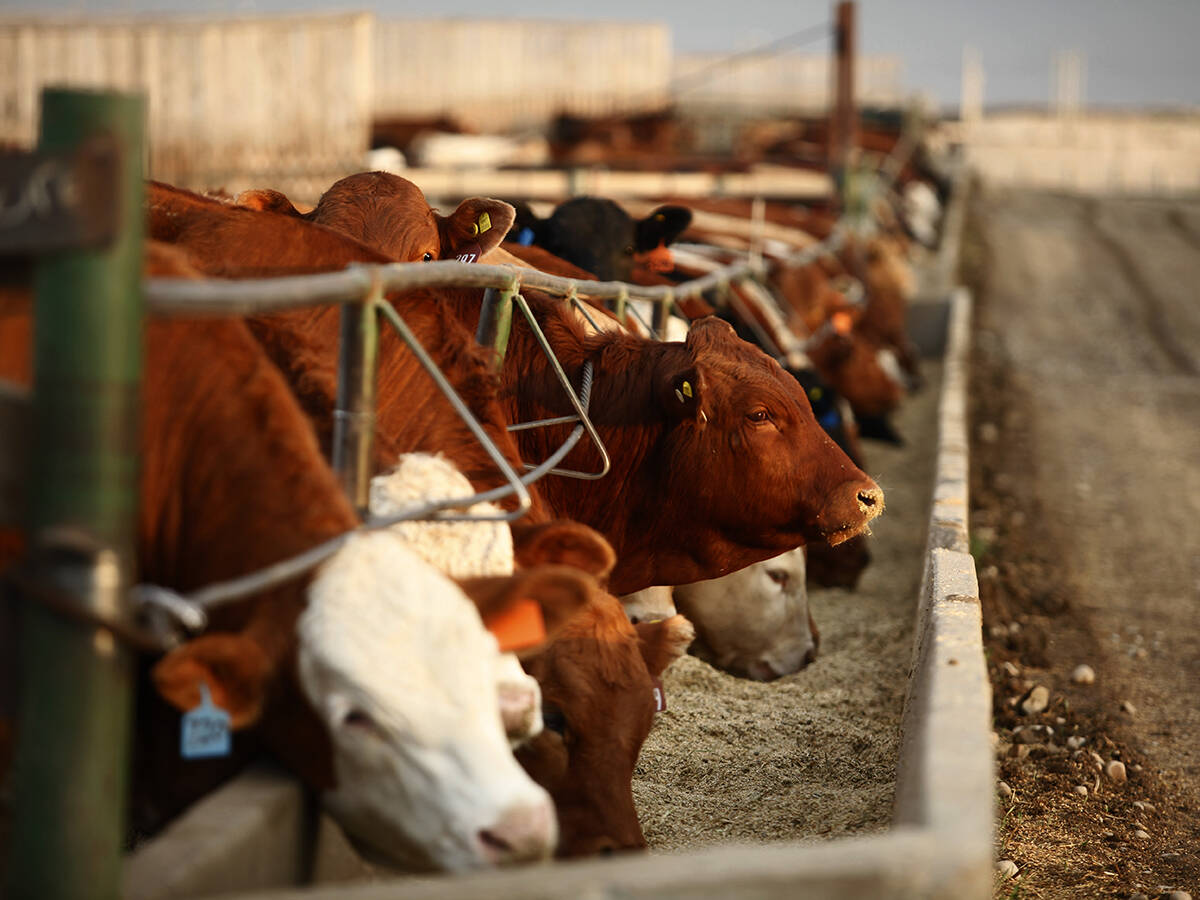
U.S. livestock: Cattle futures drop Friday
Cattle futures on the Chicago Mercantile Exchange fell from nearby highs Friday, with profit-taking to end the week weighing on…
Attitudes at the auction markets are very subdued compared to last month. Flooding in parts of Saskatchewan and Manitoba, along with excessive rains in major feeding regions of Western Canada, have caused the market to go into a tailspin. The U.S. Midwest, along the Mississippi, is suffering the same fate with record flooding. However, parts of Kansas and Texas are experiencing one of the worst droughts of the century.
The feeder cattle market tends to reflect the overall sentiment in the country and unfortunately, there are a couple hard weeks ahead.
If we look at past history, there is usually a sharp correction after the feeder market makes fresh historical highs. We saw a sharp jump in the U.S. dollar last week, which has caused all commodities to come under pressure. Fed cattle futures are at five-month lows and this market tends to stay soft into the summer. It will be difficult for feeder cattle to strengthen, given the overall environment, and there is potential for further slippage.
— Jerry Klassen is a commodity market analyst in Winnipeg and maintains an interest in the family feedlot in southern Alberta. He writes an in-depth biweekly commentary, Canadian Feedlot and Cattle Market Analysis, for feedlot operators in Canada. He can be reached by email at [email protected] or at 204-287-8268 for questions or comments.


